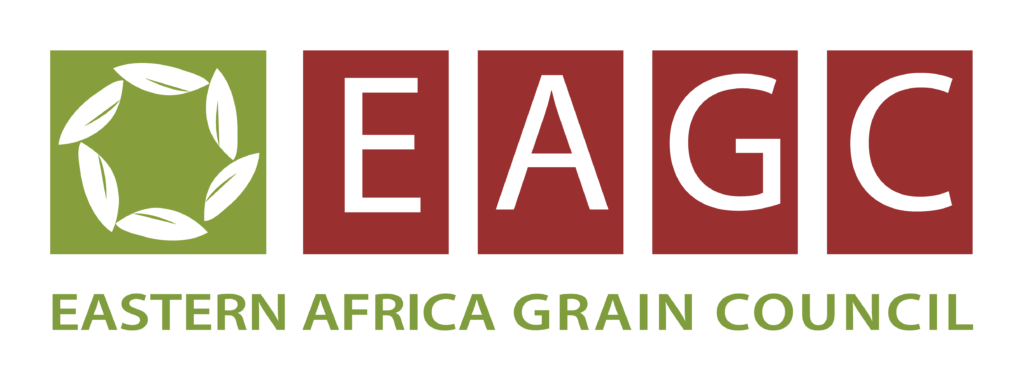The Ministry of Trade and Industry – Malawi organized a stakeholder consultative meeting on open export license on agricultural commodities on 20th July, 2022 at Crossroads Hotel in Lilongwe, which EAGC took part in as a stakeholder in grain trade.
The consultative meeting sought to seek views from key stakeholders on strengthening commercial farming for increased export trade through regulatory reforms for commercial farmers for export licenses to spur inclusive and sustainable economic growth and development in the country.
Stakeholders noted that the enforcement of the Control of Goods Act which gives the provisions for export licensing is less stringent opening the window for foreign traders to exploit local farmers by underpricing their commodities. The meeting also noted the unnecessary lengthy periods of time taken to register cooperative societies and issue export permits which leads to the loss of trade opportunities for such unregistered and unlicensed businesses and also leads to the smuggling of commodities.
The delay has also made it difficult for the industry to build structured trading systems. In addition, the Act provides for all trade exports to be conducted through registered exchange commodities in the country, which is hardly adhered to, further making it difficult to build and strengthen structured trading systems.
Other limiting factors raised by stakeholders include the unnecessary costs charged at border posts and the unnecessary delays by Agricultural Development and Marketing Corporation (ADMARC) in paying local traders.
The stakeholders called for enabling and promotion of aggregation to eliminate middle men in the market; and ensuring that transactions are carried out in the designated areas such as the aggregation centers and commodity exchanges to reduce transaction costs. Another equally important recommendation raised by the stakeholders is the lobby for policy review of the Goods Act to ensure it co-relates with other legislations to reduce the transactional costs that come with it being a stand-alone legislation. Besides that, stakeholders called for efficient management of agricultural trade data including a mechanism to ensure that all agricultural trade transactions are channeled through banks. Lastly, stakeholders called for export of value-added products to fetch higher income.

